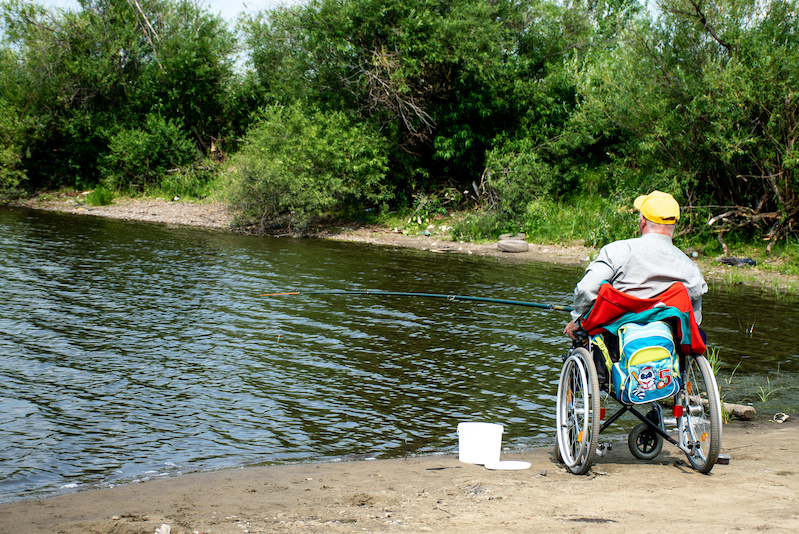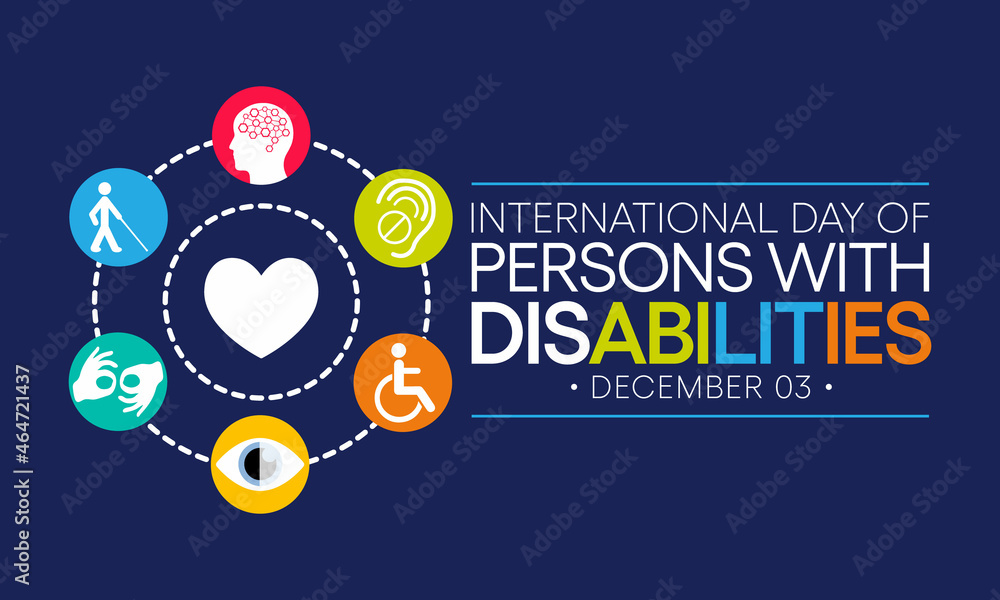People flock to Nevada from all over the world to spend time in our amazing mountains, deserts, rivers and lakes. In addition to enjoying the beauty that surrounds us, there is plenty of evidence that being outside is good for our minds and bodies. Though this can be challenging for people with disabilities and older adults, there are resources available.
- The City of Reno Adaptive and Inclusion Program includes accessible events and facilities, adaptive recreational programs, veteran programs and equipment rental. Contact April at 775-333-7765 or WolfeA@Reno.gov for more information.
- The City of Sparks also supports people with disabilities. That includes the use of the Landeez All-Terrain Wheelchair, a specially equipped wheelchair that glides over sand, snow, gravel and soft soils, allowing its users closer contact with nature. As the Landeez was donated by the Friends of the Multiple Sclerosis Society, there is no fee for adults/children with disabilities; just call the Park Ranger Office at 775-691-9130 to make your reservation. If you have a disability and would like to request support for a program or if there is a new program you would like to see offered, contact the Recreation Office at (775) 353-2376 or e-mail recinfo@cityofsparks.us.
- Achieve Tahoe provides year-round outdoor recreation activities for people with cognitive, sensory and physical disabilities. Learn more about their programs.
- Founded in 2008, Nevada Outdoorsmen in Wheelchairs offers hunting and outdoor adventures for people in wheelchairs.
These are just some of the programs available in Nevada, and there are plenty of accessible parks and outdoor space in the state. When parks and recreation facilities are built or altered, they must comply with ADA standards, which require inclusion of accessible parking spaces, routes, toilet facilities, public telephones and spectator seating areas.
of accessible parking spaces, routes, toilet facilities, public telephones and spectator seating areas.
For parks and facilities that were built or altered before the ADA Standards took effect 32 years ago, local governments usually must devise ways to make the programs and activities in those parks and facilities accessible to people with disabilities.
If parks are not your jam, visit Recreation.gov for information on access points on federal land.
The government doesn’t stop at making trails accessible. They also make these visits financially accessible:
- The Access Pass is free for all U.S. citizens and permanent residents with permanent disabilities, and offers free access to all national parks and recreational lands as well as 50% discounts on some fees like camping, swimming, boat launching and specialized interpretive services. It may be obtained in person at a federal recreation site or through the mail using this application form. The cost of obtaining an Access Pass through the mail is $10 for processing the application. Applicants must provide documentation of permanent disability and residency or citizenship.
- The Senior Pass is an $80 lifetime pass for all U.S. citizens or permanent residents ages 62 and older. In addition to covering entry and admission fees to all national parks, the Golden Age Passport allows a 50% discount at many sites where use fees are charged.
Unlocking Nature: Outdoor Accessibility and Activities for The Mobility Challenged shares tips for wheelchair hiking, paddle sports, camping and visiting local parks and beaches, as well as adaptive equipment that can be used for many of these activities.
They also share tips for those who are new to this idea:
- Start Small: Spending time in your own backyard can help you navigate the very first obstacles that you might encounter, which may include entering and exiting your residence
- Do What You Enjoy: Find activities you enjoy and do those as often as you can.
- Go with a Group: Choose friends with whom you feel comfortable to make it a positive experience.
- Bring Food and Water: You’ll be expending more energy than you do when you stay indoors, and your body will need the nourishment.
- Set Some Goals: Nothing is too big or too small. However, you might want to split up your goals into smaller chunks to make them attainable.
- Stay Flexible: You might find that a place you researched is nothing like the description. Weather and unexpected obstacles can make an activity unsafe. Don’t get down on yourself if you have to try again another day.
- Know Your Rights: The ADA requires that public transportation offer comparable paratransit services for people with disabilities. If the service isn’t as accessible as it purports to be, file a complaint. While that might not help with your immediate trip, it could help you and others in the future.
There’s obviously a lot to know and it can’t all be covered in this short article, but the bottom line is to not let your disability keep you from enjoying all that Nevada has to offer. A little bit of preparation and some flexibility can go a long way!



